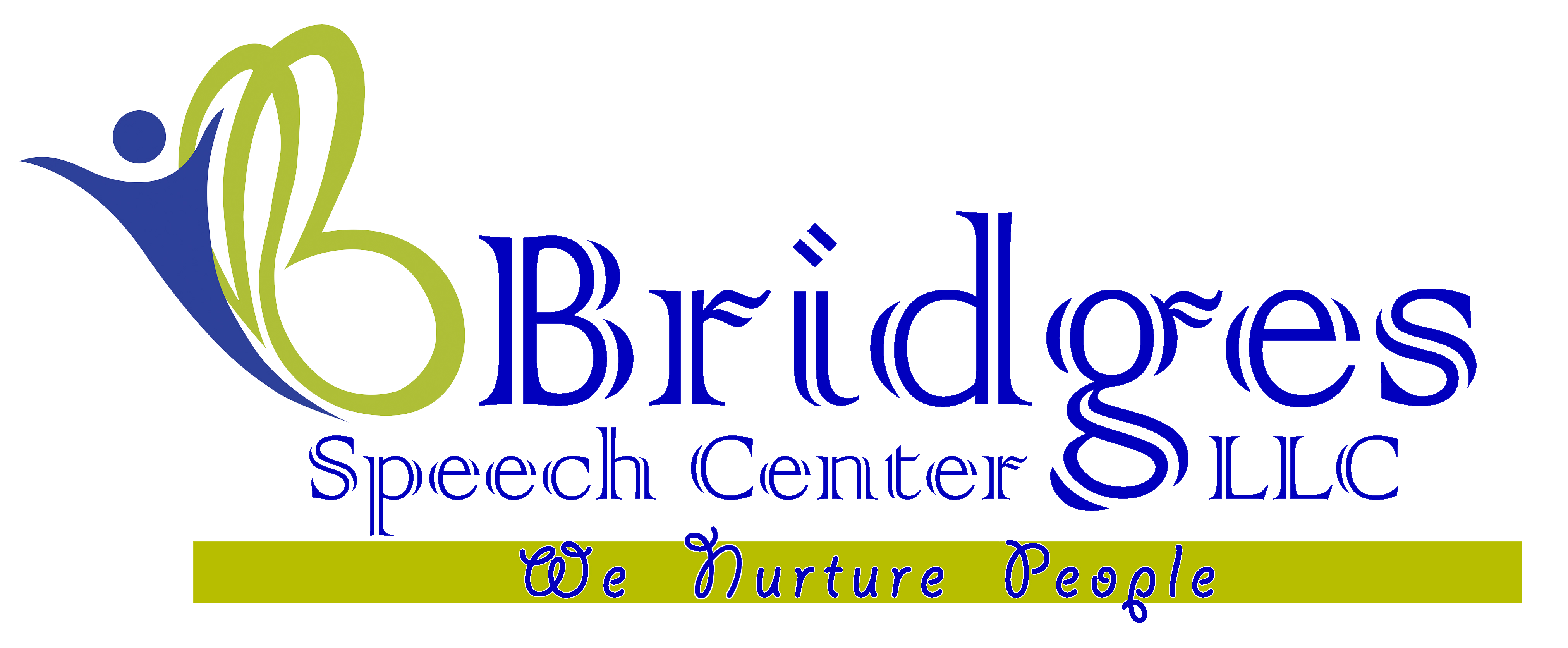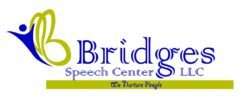- About Us
- Our Services
- Speech Therapy
- Speech and Language Therapies for Adults in Dubai
- Speech and Language Therapies for Children in Dubai
- Accent therapy
- Augmentative Alternative Communication (AAC) Therapy
- Articulation Speech Therapy
- Auditory Processing therapy/ Auditory verbal therapy
- Language Intervention: Speech Delay therapy
- Oral Motor Therapy
- Play Based therapy
- PROMPT/DTTC/RePT for Childhood Apraxia of Speech
- Social communication/Pragmatic language therapy
- Stuttering / Stammering therapy Program
- Spellography Program for Dyslexia
- Voice Therapy
- Home Care Services
- Feeding Therapy
- Physiotherapy
- Pediatric and Geriatric Physiotherapy
- Fall Prevention Programs for the Elderly
- Developmental Delay Treatment for Children
- Cerebral Palsy Management for Children
- Pediatric Orthopedic Conditions
- Osteoporosis Management for the Elderly
- Sports Injuries in Children
- Mobility and Balance Training for Elderly
- Joint Pain Treatment (Knee, Shoulder, Hip)
- Age-Specific Exercise Programs
- Coordination and Balance Exercises
- Orthopedic Physiotherapy
- Neurological Physiotherapy
- Sports Physiotherapy
- Cardiopulmonary Physiotherapy
- Women’s Health Physiotherapy
- Manual Therapy
- Therapeutic Exercise
- Pain Management
- Electrotherapy
- Ergonomic Consultation
- Tele-Physiotherapy Services
- Pediatric and Geriatric Physiotherapy
- Occupational Therapy
- Sensory Integration
- Clinical Psychology & Psychotherapy
- Cognitive Behavioral Therapy(CBT)
- ABA /Behavior Therapy
- Bridge Learning Program
- Group therapy
- Summer/Winter Program
- Telehealth Services
- Training Program/CEU
- Internship/ Observership
- Speech Therapy
- Super Team
- Collaboration
- Training Course
- News/Blogs
- About Us
- Our Services
- Speech Therapy
- Speech and Language Therapies for Adults in Dubai
- Speech and Language Therapies for Children in Dubai
- Accent therapy
- Augmentative Alternative Communication (AAC) Therapy
- Articulation Speech Therapy
- Auditory Processing therapy/ Auditory verbal therapy
- Language Intervention: Speech Delay therapy
- Oral Motor Therapy
- Play Based therapy
- PROMPT/DTTC/RePT for Childhood Apraxia of Speech
- Social communication/Pragmatic language therapy
- Stuttering / Stammering therapy Program
- Spellography Program for Dyslexia
- Voice Therapy
- Home Care Services
- Feeding Therapy
- Physiotherapy
- Pediatric and Geriatric Physiotherapy
- Fall Prevention Programs for the Elderly
- Developmental Delay Treatment for Children
- Cerebral Palsy Management for Children
- Pediatric Orthopedic Conditions
- Osteoporosis Management for the Elderly
- Sports Injuries in Children
- Mobility and Balance Training for Elderly
- Joint Pain Treatment (Knee, Shoulder, Hip)
- Age-Specific Exercise Programs
- Coordination and Balance Exercises
- Orthopedic Physiotherapy
- Neurological Physiotherapy
- Sports Physiotherapy
- Cardiopulmonary Physiotherapy
- Women’s Health Physiotherapy
- Manual Therapy
- Therapeutic Exercise
- Pain Management
- Electrotherapy
- Ergonomic Consultation
- Tele-Physiotherapy Services
- Pediatric and Geriatric Physiotherapy
- Occupational Therapy
- Sensory Integration
- Clinical Psychology & Psychotherapy
- Cognitive Behavioral Therapy(CBT)
- ABA /Behavior Therapy
- Bridge Learning Program
- Group therapy
- Summer/Winter Program
- Telehealth Services
- Training Program/CEU
- Internship/ Observership
- Speech Therapy
- Super Team
- Collaboration
- Training Course
- News/Blogs
Table of Contents
ToggleThe Benefits of Multilingualism and Speech Therapy
In today’s globalized world, being multilingual offers numerous advantages, from enhanced cognitive abilities to improved social and cultural awareness. However, raising bilingual or multilingual children can sometimes present unique challenges, particularly in speech and language development. This blog explores the benefits of multilingualism, how speech therapy can support the development of multiple languages, and offers practical tips for parents navigating this journey.
Advantages of Being Multilingual
- Cognitive Benefits
- Enhanced Brain Function: Multilingual individuals often exhibit better problem-solving skills, creativity, and multitasking abilities. Learning multiple languages engages different parts of the brain, fostering cognitive flexibility.
- Improved Memory: Managing multiple languages enhances memory and recall, contributing to overall brain health and delaying the onset of dementia.
- Academic and Professional Opportunities
- Educational Success: Multilingual children tend to perform better academically, especially in areas like mathematics and reading comprehension.
- Career Advantages: Being fluent in multiple languages opens up a wide range of career opportunities and can be a significant asset in the global job market.
- Cultural Awareness and Social Skills
- Cultural Understanding: Multilingual individuals have a deeper appreciation and understanding of different cultures, promoting empathy and tolerance.
- Improved Communication: Learning multiple languages enhances social skills and the ability to communicate effectively with a diverse range of people.
How Speech Therapy Supports Multilingual Development
Speech therapy plays a vital role in supporting multilingual development, ensuring that children acquire and master multiple languages effectively. Here’s how speech therapy can help:
- Assessment and Individualized Plans
- Comprehensive Evaluation: Speech-language pathologists (SLPs) assess a child’s proficiency in each language, identifying any areas of difficulty.
- Tailored Therapy Plans: SLPs develop individualized therapy plans that address the specific needs of multilingual children, focusing on enhancing skills in both or all languages.
- Language Differentiation Techniques
- Code-Switching: Therapy sessions often include strategies to help children differentiate between languages and switch seamlessly from one to another.
- Language-Specific Goals: SLPs set language-specific goals to ensure balanced development across all languages, preventing dominance of one language over others.
- Parental Guidance and Support
- Home Practice: SLPs provide parents with activities and exercises to practice at home, reinforcing the skills learned during therapy sessions.
- Language-Rich Environment: Guidance on creating a language-rich environment at home, encouraging the use of all languages in various contexts.
Tips for Parents Raising Bilingual or Multilingual Children
- Consistency is Key
- Regular Practice: Ensure consistent exposure to all languages. Use each language regularly in different contexts, such as home, school, and community settings.
- Routine and Structure: Establish routines that incorporate language learning, such as dedicated times for reading, storytelling, and conversation in each language.
- Engage in Multilingual Activities
- Books and Media: Use books, music, and educational videos in multiple languages to enhance language skills and cultural understanding.
- Interactive Games: Play games that involve language use, such as language-specific puzzles, word games, and role-playing activities.
- Encourage Social Interaction
- Language Playdates: Arrange playdates with children who speak the same languages, promoting social interaction and practical language use.
- Community Involvement: Participate in cultural and community events where the languages are spoken, providing real-life opportunities for language practice.
- Seek Professional Support When Needed
- Early Intervention: If you notice any delays or difficulties in your child’s language development, seek the help of a speech-language pathologist. Early intervention can make a significant difference in addressing any issues.
- Regular Check-Ups: Schedule regular assessments with an SLP to monitor your child’s progress and adjust therapy plans as needed.
Conclusion
Multilingualism offers a wealth of benefits, from cognitive and academic advantages to improved social skills and cultural awareness. Speech therapy plays a crucial role in supporting the development of multiple languages, ensuring that children can effectively navigate their multilingual journey. At Bridges Speech Center, our experienced speech-language pathologists are dedicated to helping children thrive in their multilingual environments. Contact us today to learn more about our services and how we can support your child’s language development.
To see a specialist, please contact us at +971-505226054 or fill out the form to book an appointment with Occupational Therapist in Dubai.



Recent Posts
Have Any Question?
If you would like to register for any of our services or upcoming training programs, contact us…

